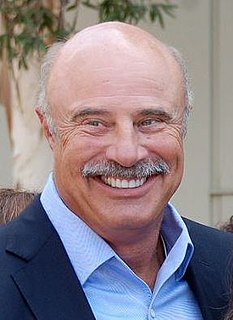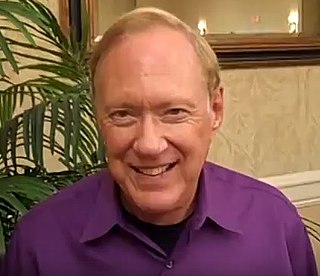A Quote by Richard I. Winwood
Planning is a process of choosing among those many options. If we do not choose to plan, then we choose to have others plan for us.
Related Quotes
There are few of us, if any, who don't walk the refiner's fire of adversity and despair, sometimes known to others but for many quietly hidden and privately endured. Most of the heartache, pain, and suffering we would not choose today. But we did choose. We chose when we could see the complete plan. We chose when we had a clear vision of the Savior's rescue of us. And if our faith and understanding were as clear today as it was when we first made that choice, I believe we would choose again.
I always choose an area that is of personal interest, but I don't plan my travels in detail. There are so many variables one cannot predict: the changing light, weather, personal mood, and often just plain luck. Of course, you must have a starting point, so I establish some fixed points then improvise as I go. In many cases the locations seem to choose me.
We are spirit children of a loving Heavenly Father who placed us in mortality to see if we would choose - freely choose - to keep His commandments and come unto His Beloved Son. They do not compel us. They cannot, for that would interfere with the plan of happiness. And so there is in us a God-given desire to be responsible for our own choices.
Wherever you are, be there totally. If you find your here and now intolerable and it makes you unhappy, you have three options: remove yourself from the situation, change it, or accept it totally. If you want to take responsibility for your life, you must choose one of those three options, and you must choose now. Then accept the consequences.
































